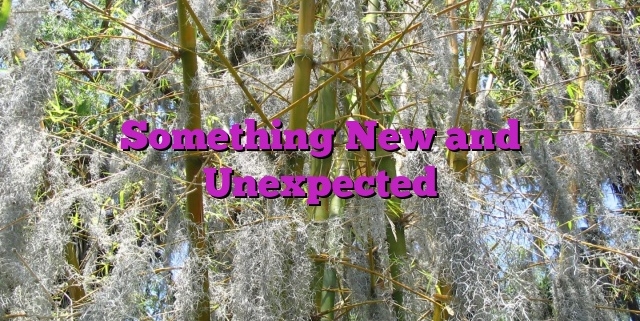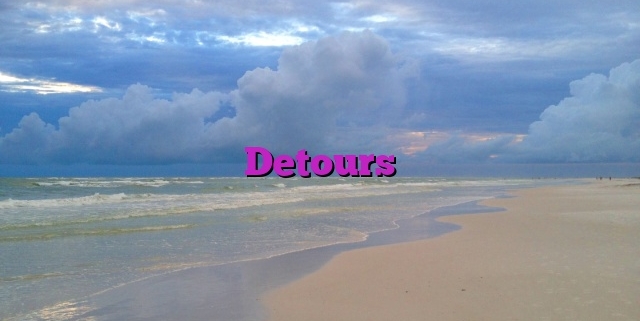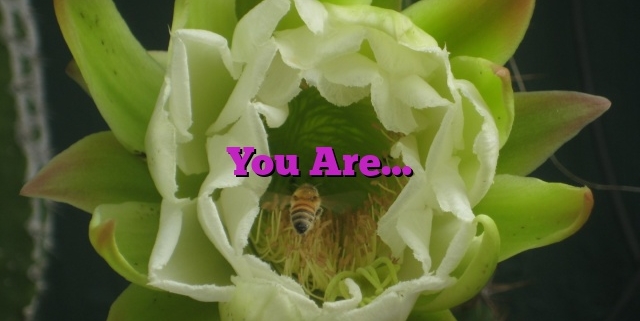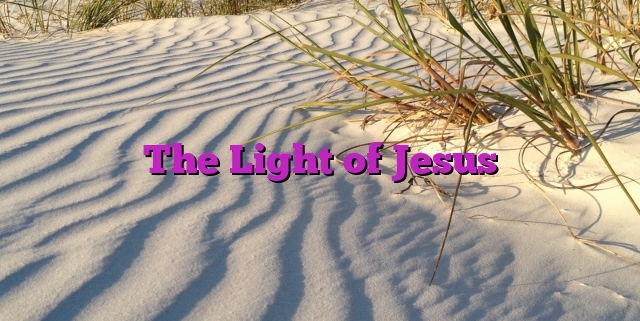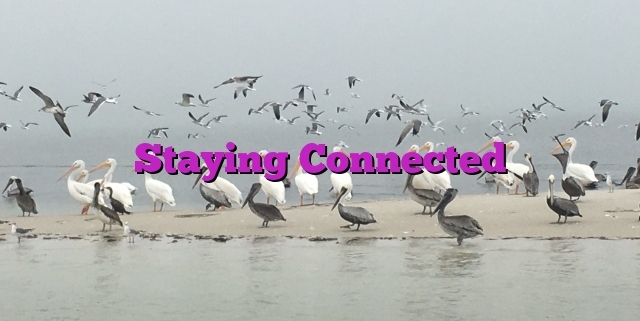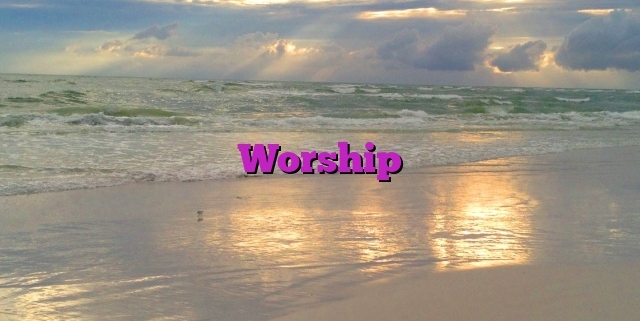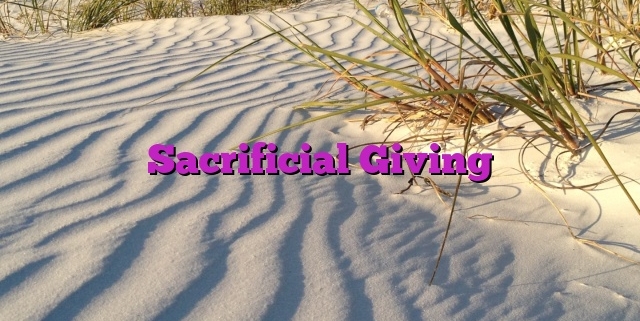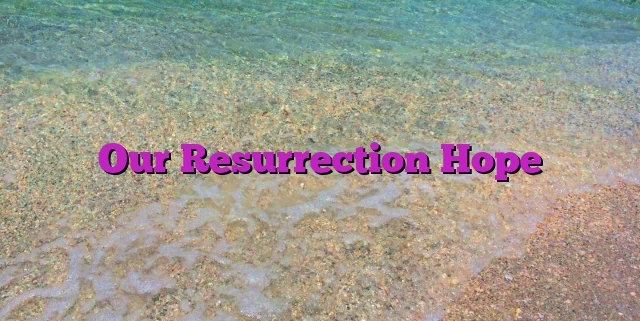Something New and Unexpected
The year that I taught High School in Jamaica, I’ll never forget the first PTA meeting I attended. The vice-principal gave a speech where she encouraged the parents to teach their children how to use flush toilets because many of the new students had never seen one. She also encouraged the parents – even though they themselves might not know how to read – to encourage their children to spend time reading and not to be jealous of their education. The struggles they faced were far from anything I could have ever imagined.
At the end of this PTA meeting, a young student led us in a devotional she had prepared. And as a part of that devotional, she read a testimony. I don’t know who actually wrote it. I’ve seen it in other places since. But when I heard it in that setting, amidst great poverty, it hit me in the most profound way and I asked her for a copy of it. She said:
I asked God for strength that I might achieve. I was made weak that I might learn humility. I asked for riches that I might be happy, I was given poverty that I might be wise. I asked for power that I might have the praise of others. I was given weakness that I might feel the need of God. I asked for all things that I might enjoy life. I was given life that I might enjoy all things. I got nothing that I asked for – but everything I needed… Almost despite myself, my unspoken prayers were answered. I among all people am most richly blessed.
Many of our students came to school hungry. Many lived in homes that had dirt floors and no running water. Yet, in the face of all that, this young girl could claim with great sincerity that she among all people is most richly blessed.
Now I don’t believe that God gives poverty or weakness. But I do believe that if we are open – God can work through our circumstances, work through our weakness – and work through our sufferings – to bring beauty and meaning and even new life. I’ve seen it time and time again, and I know you have too.
The scriptures tell us story after story about how – in the midst of great brokenness and despair – God does something completely new and beautiful and unexpected! The scriptures paint this beautiful picture of a God who is at work taking the broken, the hurting, the bad, and making it whole and new.
Let us pray: At times, O God, it’s difficult to see a bigger picture. At times, it is difficult to imagine any kind of redemption. It is difficult to imagine the dry bones we see scattered everywhere living again. Help us in these times, not to become cynical, not to become hard-hearted, not to become bitter, or to blame others, but to trust your Spirit is at work beyond anything we can begin to imagine. Meet us at the deepest point of our need today. We ask in Jesus’ name. Amen.

